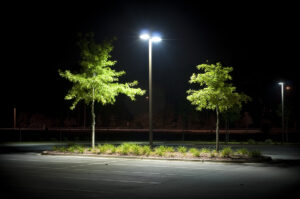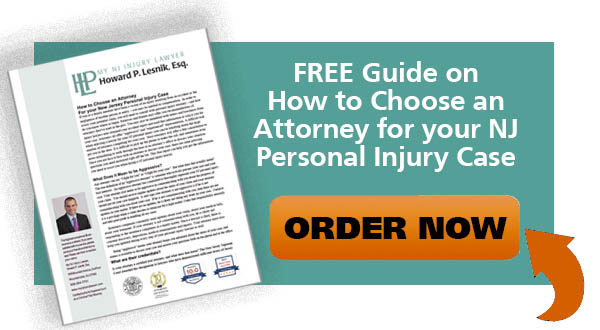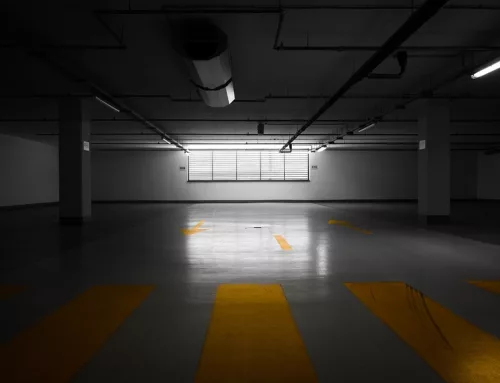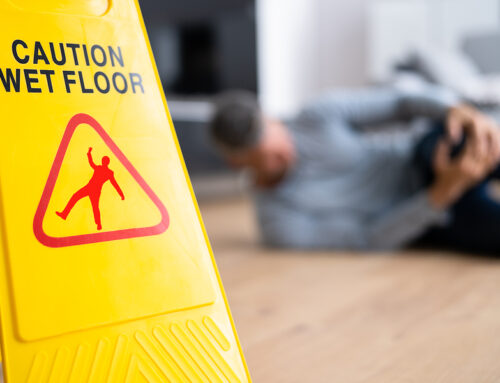When most people hear the phrase, “premises liability lawsuit,” they usually think of slippery floors and cracked sidewalks causing falls and injuries. Intentional criminal actions of another individual rarely lead to civil proceedings for injuries. However, every business and property owner has a duty of care toward visitors and guests to maintain the store, building, restaurant, and property in a reasonably safe condition. This means the owners must minimize the risk of foreseeable harm, and that includes providing adequate security measures in locations where patrons and visitors might be vulnerable to crime.
Adequate security measures can take many forms, beginning with proper lighting and landscaping design that does not allow thieves or attackers dark and hidden places to hide. The stereotypes about attackers lurking in dark parking lots and leaping out from behind bushes are clear examples of negligent security. The better lighting would make it much harder for would-be criminals to surprise their victims.

Failure of access is another critical, but easily overlooked, form of negligent security. Occupants of hotels and apartment buildings rely on door and window locks to protect themselves and their belongings. A broken or easily defeated lock is an open invitation to crime, and a clear lapse on the part of the property owner. This extends to other access control features as well; a security door that is regularly propped open or fails to latch, or a lack of clear and enforced policies to restrict access to key-cards, can allow persons with criminal intent to gain access to areas that patrons and residents should reasonably expect to be safe. Similarly, a failure to install or properly maintain alarm systems and security cameras puts patrons at unnecessary risk and suggests negligence by the property owner.
Of course, all the physical security equipment money can buy will not stop crime if the human element is lacking. Security cameras must be monitored, alarms require a response, and security personnel must be present in adequate numbers to respond to a foreseeable level of threat to patrons. Those security personnel must also be carefully vetted during the hiring process, and then provided with the necessary training to empower them to respond appropriately to dangerous circumstances.
Negligent security incidents with respect to the behavior of security personnel generally take one of two forms: a failure to intervene when a third party presents a threat to a patron, and inappropriately careless or violent intervention by security personnel resulting in injury. While some measure of physical force is sometimes necessary and appropriate for a security guard to employ as part of his or her job, security personnel are still private citizens who are subject to the law and overstepping the bounds of necessary use of force may constitute assault.
Defense attorneys working for property owners and their insurance companies are often quick to argue that culpability for an assault or similar crime rests solely with the assailant. However, this ignores the property owner’s duty of care toward visitors to remain aware of any dangerous conditions affecting the property, alert all visitors to this possible danger, and take all reasonable steps to eliminate or minimize the risk of harm that may be anticipated given the location of the property in question. This duty of care does not begin and end with slipping hazards. The possibility of violent crime is foreseeable, especially in neighborhoods with a recent history of criminal activity or types of venue that create conditions that more readily facilitate violence (such as the aforementioned dark parking lot).
Proving liability in a negligent security case requires your attorney to be able to demonstrate three points:
- That the property owner had a duty of care toward you as a lawful visitor to the property to take reasonable steps in protecting you from foreseeable dangers
- That the property owner failed in that duty of care, either through failure to act when appropriate or through careless or improper action
- That this failure on the part of the property owner caused the harm for which you are seeking to be compensated
With these three key points demonstrated, your attorney will be able to help you pursue compensation for the harm you have suffered. This may include the costs of any medical treatment required for your injuries resulting from the assault, lost wages or earnings for the period of time that your injuries prevented you from working, everyday expenses such as child-care and housekeeping that your injuries prevented you from handling yourself, and additional damages for pain and suffering. If a loved one was killed in an incident involving negligent security, you may be able to pursue damages against the property owner for wrongful death. In cases involving particularly egregious lapses in security that resulted in serious harm, punitive damages may be awarded to the plaintiff.
Contact MyNJInjuryLawyer
If you or a loved one is injured by negligent or inadequate security NJ, you should contact an attorney familiar with handling these claims. An experienced NJ Injury Lawyer will know how to obtain the incident report, preserve the security video of your fall, locate witnesses and contact the insurance company for the property owner so you can make a claim for your injuries.
My NJ Injury Lawyer Howard P. Lesnik, Esq. offers free strategy sessions to address any issue or questions you may have your injury claim in NJ.
Please contact NJ Injury Lawyer Howard Lesnik, Esq., immediately if you were involved in an accident. I personally handle NJ personal injury cases on a regular basis. Please contact me now by email, by phoning 908.264.7701, or by completing the form to the right to schedule your complimentary 30-minute strategy session.






